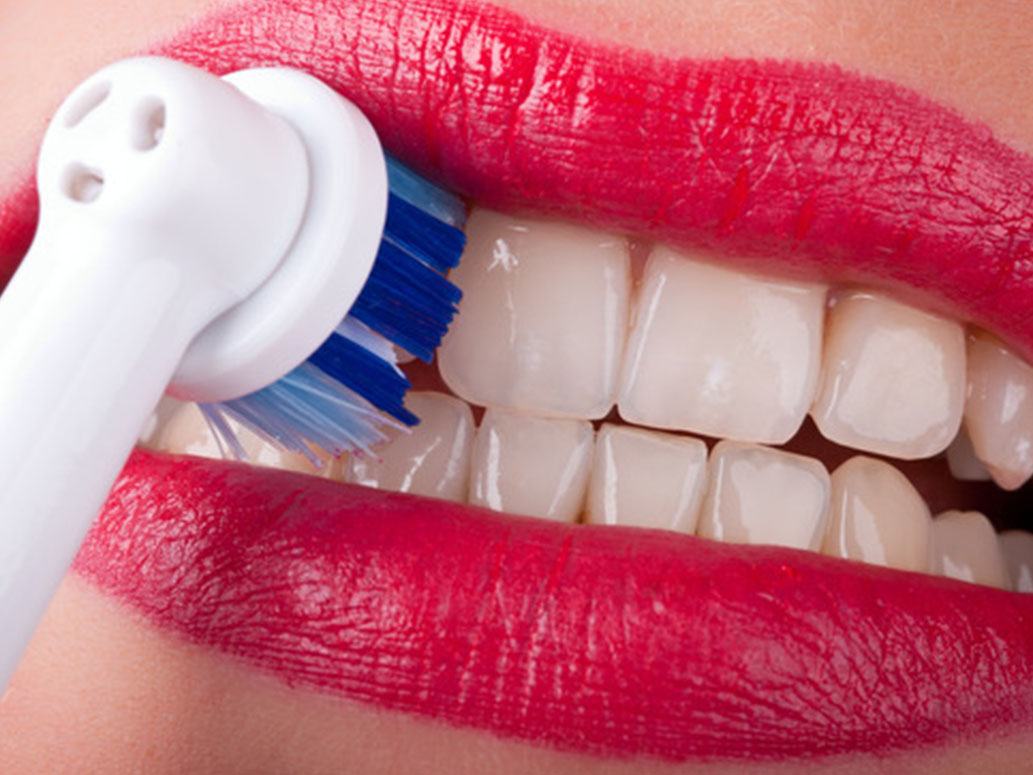Why are my gums inflamed even though I brush and floss daily?

First of all, your brushing and flossing may not be doing you good if you’re using an improper technique. Are you brushing for two minutes, twice a day? If not, you may not be removing enough plaque to prevent gum disease. The same is true if you’re not flossing thoroughly. The next time you visit the dentist, check in to make sure that you’re brushing and flossing the right way.
Speaking of visits to the dentist, are you coming in for exams and professional cleanings at least twice a year? This level of care is also essential to keeping plaque to a minimum. If you think you’re doing enough with your home routine and don’t need to come see us at all, you may be increasing your risk of gum disease.
Other factors not related to oral hygiene can also increase your risk of developing gum disease, including smoking, genetic factors, hormonal changes, systemic diseases like diabetes or bruxism (grinding your teeth). If any of these apply to you, you may need to be more vigilant about your home oral hygiene regimen and your professional care.
It’s important to remember that gum disease is a progressive condition that results in more serious symptoms in its advanced stages. So, if you notice signs of inflammation in your gums and act quickly to get periodontal treatment, you can avoid significant issues like gum recession or even tooth or bone loss.
Furthermore, periodontal treatment is less invasive for milder forms of gum disease. For example, gingivitis—the earliest stage of gum disease—typically responds well to a thorough professional cleaning. While advanced periodontitis may require a more intensive treatment, like root planing and scaling, or even a surgical procedure.
Patients who have symptoms of inflamed gums, like redness, swelling or bleeding, should contact our office as soon as possible for prompt periodontal treatment.